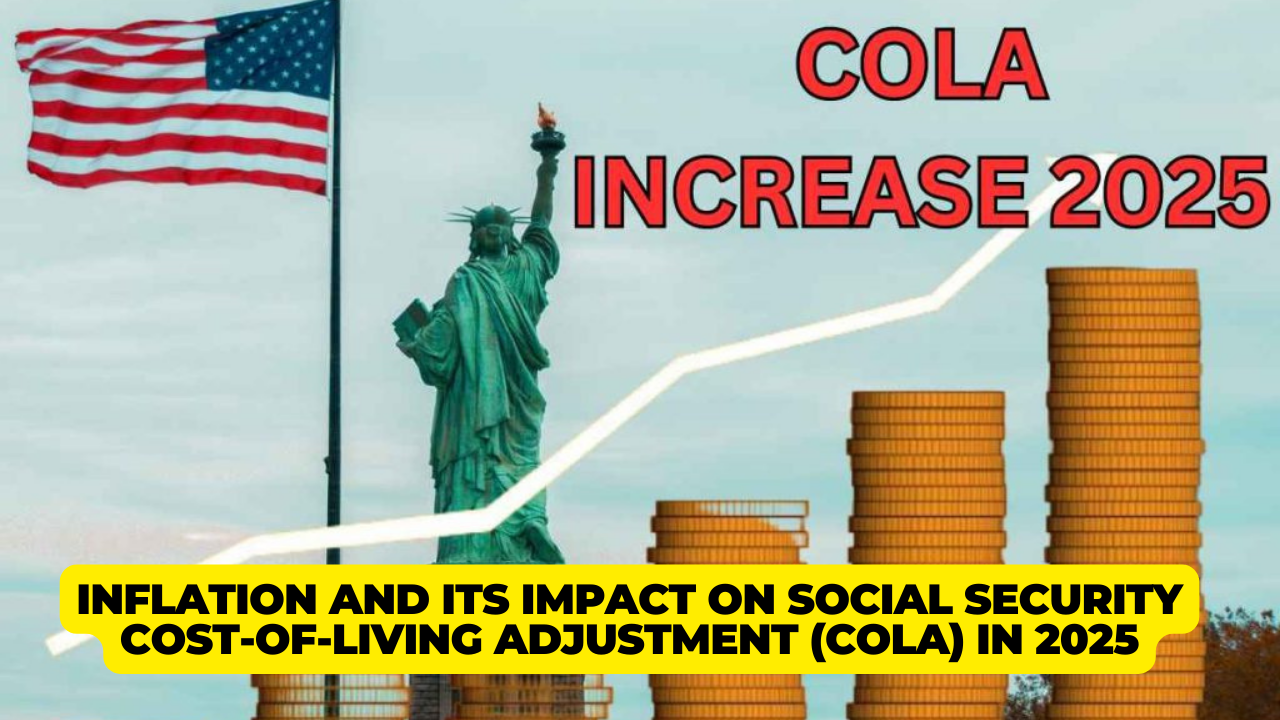As we navigate through fluctuating economic conditions, understanding the intricacies of inflation and its impact on Social Security’s Cost-of-Living Adjustment (COLA) becomes increasingly important. With recent trends pointing towards a lower COLA for 2025, this article delves into the factors influencing these adjustments and what beneficiaries can expect in the coming year.
Social Security COLA
The Social Security COLA is designed to ensure that the purchasing power of Social Security and Supplemental Security Income (SSI) benefits keeps pace with inflation. The COLA is calculated based on the Consumer Price Index for Urban Wage Earners and Clerical Workers (CPI-W). Each year, the percentage increase in the CPI-W from the third quarter of the previous year determines the COLA for the following year.
Recent Trends in Inflation
In recent months, inflation rates have shown signs of moderation, leading to predictions of a lower COLA for 2025. The CPI-W, which saw significant increases in 2022 and 2023, has started to stabilize. This stabilization suggests that the upcoming COLA may not be as substantial as in previous years.
Factors Influencing Lower COLA
Several key factors contribute to the anticipated lower COLA for 2025:
- Economic Stabilization: After periods of high inflation, the economy appears to be stabilizing. Reduced demand for goods and services, coupled with improved supply chains, has helped moderate price increases.
- Energy Prices: A decline in energy prices, particularly gasoline, has played a significant role in tempering overall inflation. As energy costs decrease, the pressure on the CPI-W lessens.
- Housing Market: The housing market, which saw substantial price hikes during the pandemic, is experiencing a slowdown. Lower rental costs and home prices contribute to the reduced CPI-W growth.
Impact on Social Security Beneficiaries
A lower COLA has direct implications for Social Security beneficiaries. While a smaller increase might seem discouraging, it is essential to consider the broader economic context. Lower inflation means that the purchasing power of benefits is not eroded as quickly as it would be in a high-inflation environment.
Strategies for Beneficiaries to Manage Finances
Given the potential for a lower COLA in 2025, beneficiaries can take proactive steps to manage their finances effectively:
- Budget Adjustments: Reassessing and adjusting budgets to account for a smaller increase in benefits can help beneficiaries maintain financial stability.
- Energy Efficiency: Investing in energy-efficient appliances and home improvements can reduce utility bills, mitigating the impact of any increases in other expenses.
- Healthcare Costs: Exploring options for reducing healthcare expenses, such as comparing insurance plans and utilizing preventive care services, can help manage one of the largest cost areas for seniors.
Government Initiatives and Support
The government continues to explore measures to support Social Security beneficiaries. Recent discussions have included proposals to adjust the COLA calculation method to better reflect the actual expenses faced by seniors, such as healthcare costs. Additionally, there are ongoing efforts to ensure that Social Security remains financially viable for future generations.
Future Outlook for Social Security COLA
Looking ahead, the future of Social Security COLA adjustments will depend on various economic factors. While current trends suggest a lower increase for 2025, it is crucial to monitor ongoing economic developments. The Social Security Administration (SSA) will continue to analyze inflation data and make adjustments as necessary to protect the purchasing power of benefits.
Conclusion
In conclusion, the anticipated lower Social Security COLA for 2025 reflects the recent stabilization in inflation rates. While this may result in a smaller increase in benefits, it also indicates a more stable economic environment. Beneficiaries can take steps to manage their finances effectively and stay informed about potential government initiatives aimed at supporting their financial well-being.
